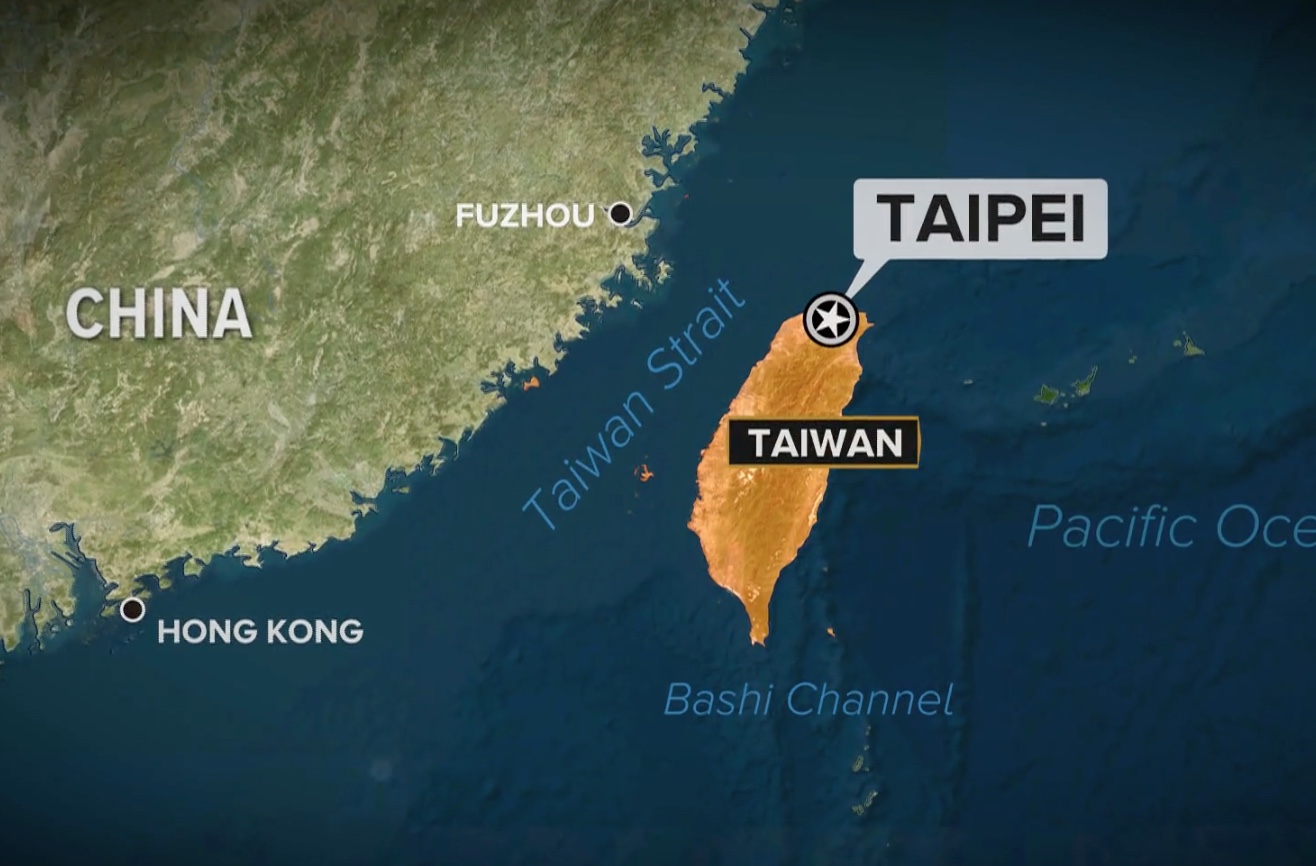2024年8月1日星期四
9. 韩国的民主之旅
2024年7月31日星期三
8. 台湾的民主之旅
根据维基百科,李登辉(1923年1月15日至2020年7月30日),被称为“台湾民主之父”,是中华民国(俗称台湾)的政治家。 1988年至2000年任中华民国总统和国民党主席。
台湾的民主之旅
台湾从威权统治向充满活力的民主制度的转变是一个非凡的故事。以下是简要概述:独裁时代
- 国民党统治:中国内战结束后,蒋介石领导的国民党于1949年撤退到台湾,建立了一党独裁政权。
- 戒严:为了维持控制,国民党于 1949 年实施戒严,一直持续到 1987 年。这一时期的特点是政治镇压和有限的公民自由。
民主化之路
- 经济增长:台湾在 20 世纪 60 年代和 70 年代的快速经济增长造就了不断壮大的中产阶级,他们需要更多的政治参与。
- 蒋经国领导下的自由化:蒋介石之子蒋经国在 20 世纪 70 年代末发起了渐进的政治自由化进程。这包括1987年解除戒严、允许组建反对党以及举行自由选举。
- 民进党崛起:主张“台独”的反对党民进党成为一股强大的政治力量。
- 总统直选:1996年,台湾举行了首次总统直选,标志着台湾民主化进程的一个重要里程碑。
巩固民主
- 民进党胜利:2000年,民进党在总统选举中获胜,结束了国民党长达数十年的统治。
- 持续民主化:台湾此后举行了多次自由公正的选举,巩固了其民主国家的地位。
台湾民主化的关键因素:
- 经济发展:不断壮大的中产阶级要求政治参与。
- 领导层变动:蒋经国实行政治制度自由化的决定至关重要。
- 公民社会行动主义:强大的公民社会的出现在推动民主改革方面发挥了至关重要的作用。
- 国际支持:国际社会对民主的支持有助于加强台湾的民主制度。
台湾的民主历程是一个鼓舞人心的例子,说明一个社会如何克服威权主义并实现更加公正和公平的政治制度。
这篇文章是由人工智能针对我提问而生成的。有关详细信息和准确性,请探索欧美新澳日韩台印加,东南亚等网站。
8. Taiwan's Journey to Democracy
According to Wikipedia, Lee
Teng-hui (15 January 1923 – 30 July 2020), sometimes called the "father
of Taiwan's democracy", was a politician of the Republic of China
(commonly known as Taiwan). He was the President of the Republic of
China and Chairman of the
Taiwan's Journey to Democracy
Taiwan's transition from authoritarian rule to a vibrant democracy is a remarkable story. Here's a brief overview:
The Authoritarian Era
- Kuomintang (KMT) Rule: Following the Chinese Civil War, the KMT, led by Chiang Kai-shek, retreated to Taiwan in 1949. They established a one-party authoritarian regime.
- Martial Law: To maintain control, the KMT imposed martial law in 1949, which lasted until 1987. This period was marked by political repression and limited civil liberties.
The Path to Democratization
- Economic Growth: Taiwan's rapid economic growth in the 1960s and 70s created a growing middle class, which demanded greater political participation.
- Liberalization Under Chiang Ching-kuo: Chiang Ching-kuo, Chiang Kai-shek's son, initiated a gradual process of political liberalization in the late 1970s. This included lifting martial law in 1987, allowing the formation of opposition parties, and holding free elections.
- Rise of the Democratic Progressive Party (DPP): The DPP, an opposition party advocating for Taiwanese independence, emerged as a strong political force.
- Direct Presidential Elections: In 1996, Taiwan held its first direct presidential election, marking a significant milestone in its democratization process.
Consolidation of Democracy
- DPP Victory: In 2000, the DPP won the presidential election, ending the KMT's decades-long rule.
- Continued Democratization: Taiwan has since held multiple free and fair elections, solidifying its position as a democratic state.
Key Factors in Taiwan's Democratization:
- Economic development: A growing middle class demanded political participation.
- Leadership changes: Chiang Ching-kuo's decision to liberalize the political system was crucial.
- Civil society activism: The emergence of a strong civil society played a vital role in pushing for democratic reforms.
- International support: The international community's support for democracy helped to strengthen Taiwan's democratic institutions.
Taiwan's democratic journey is an inspiring example of how a society can overcome authoritarianism and achieve a more just and equitable political system.
This article is prepared by an AI. For details and accuracy, please explore the interested topics over the internet.

